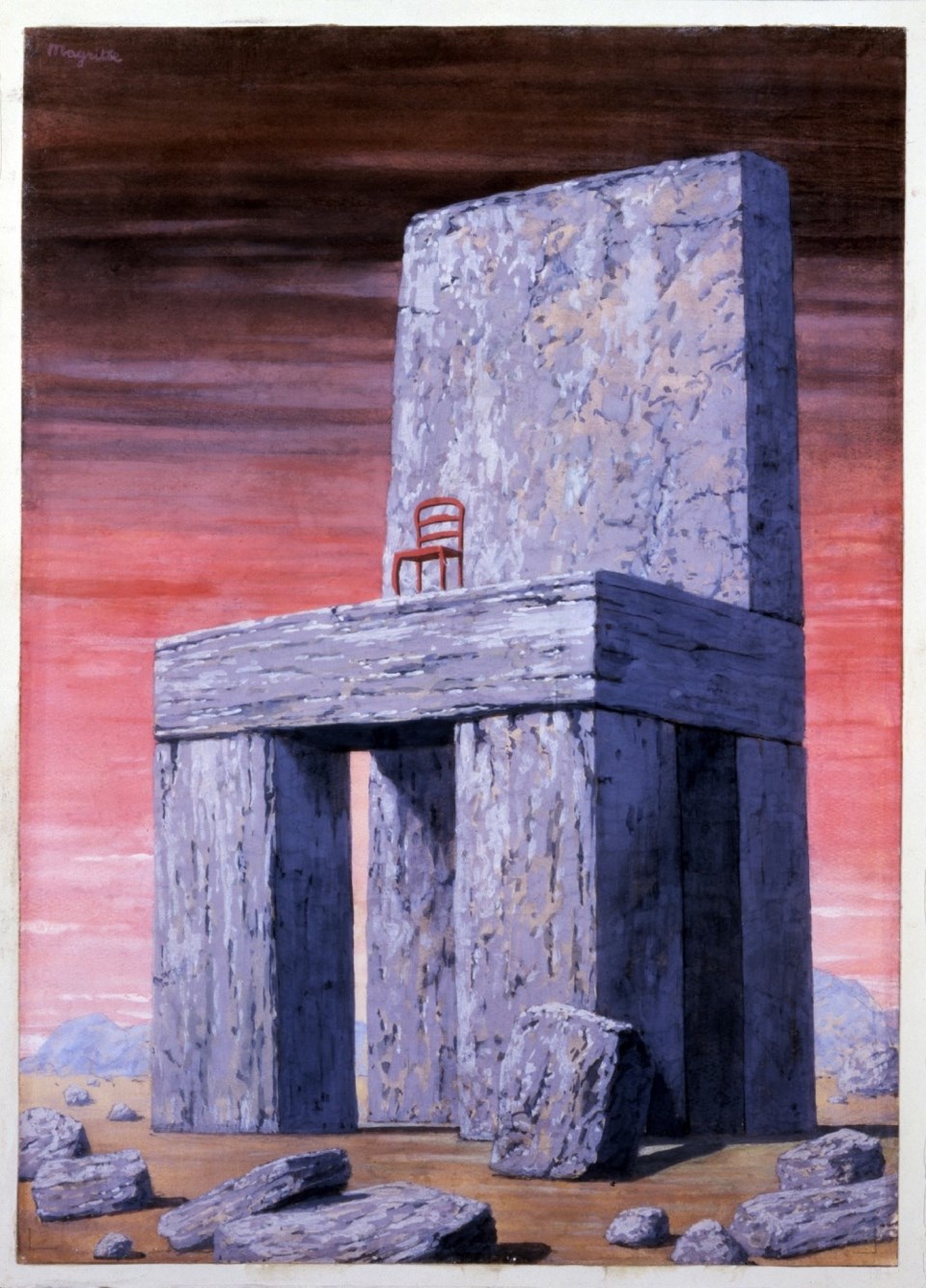When I was in elementary school – back when telephones had a rotary dial and “colour” was a selling point for a TV set – transit buses would carry advertising for Remembrance Day around the beginning of November. The ads featured a pretty girl – too young to have experienced war herself – holding up a poppy and smiling, with the words, “If you can’t remember – think!”
As of a year ago, there were fewer than 9,300 Canadian World War 2 veterans still alive. With that in mind, you might wonder how relevant it is these days to keep on observing Remembrance Day. I would say it’s more relevant now, than ever.
Those veterans are now in their late 90s, which means that they were younger than the minimum age to enlist (18, unless their parents gave permission). I’m reminded of Mr. Wright, my high school principal, who would go on the PA system every year just before November 11 and read what had become his standard Remembrance Day speech. He would talk about the children he had taught who went away to war and never came back, “Never again to feel the ocean breeze or hear the swish of skis on a mountain slope!” Although we “sophisticated” students chuckled a bit as the refrain got more familiar each year, we recognized it as a poignant reminder, albeit a generation removed, of what war was about.
Last week, on Monday, November 11th, Remembrance Day presented an opportunity to reflect not just on the past, but our current world. “Those that fail to learn from history,” Winston Churchill said, “are doomed to repeat it.” The renewed vilification of various ethnic groups, suggests to me that many people do not know about the past, much less remember it.
Have we become so fixated on “the now” and moving to the future, that we’ve forgotten to consider history?
In Psalm 143:5, David states:
“I remember the days of old; I meditate on all Your works; I muse on the works of Your hands.” In Hebrews 10:32, we are reminded to “… recall the former days in which, after you were illuminated (enlightened), you endured a great struggle with sufferings …” The writer is referring to “former days” before becoming “saved”, but the principle can apply to any “great struggle with sufferings”.
A friend of mine, who recovered from drug addiction, uses an expression, “play the video”: consider what things were like before you were healed and ask whether you want it to happen again. On a broader scale, consider what happened in the past, what happened because of what happened in the past, and commit to not letting it happen again.
Lately, we have seen people gain power by blaming certain groups for problems people face. Have we lost sight of the humanitarian disasters caused by madmen did the same thing in the past? Do we not see history repeating itself – not just in faraway places, away from the Western media spotlight, but now in Europe and gradually in North America?
A knowledge of history can show you the patterns. Never mind the old saw that “history is written by the winners”: there can be no debating the pogroms, the holocaust, colonization, wars that chased people like my great-x3 grandmother and her family from their homelands; along with the circumstances that led to their happening; the way “ordinary people” suffered, just as “ordinary people” allowed them.
As that old advert said, on this November 11, if you can’t remember war and human suffering – think; if that concept is too abstract to think about, learn.
Drew Snider is writer and former congregational pastor, Mustard Seed Street Church.
You can read more articles on our interfaith blog, Spiritually Speaking, at /blogs/spiritually-speaking
* This article was published in the print edition of the sa╣·╝╩┤½├Į on Saturday, November, 16th 2024



